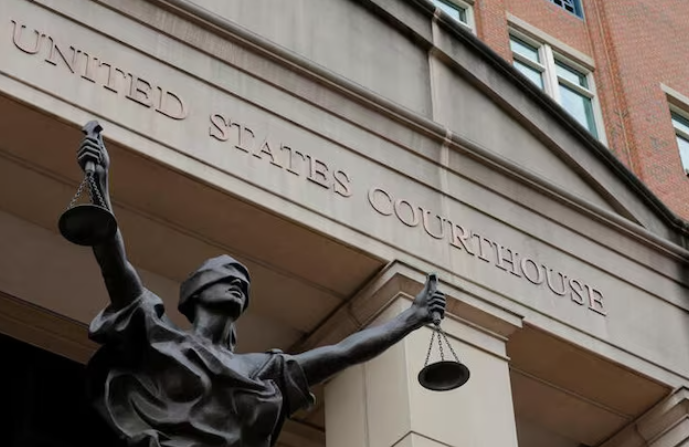A national organization opposing race and gender preferences filed a federal lawsuit on Thursday against leaders of the West Virginia State Bar, alleging that the policy reserving one seat on its governing board for a Black member is discriminatory. The case reflects a broader wave of legal challenges to diversity and inclusion initiatives following the U.S. Supreme Court’s 2023 decision to ban affirmative action in college admissions.
Allegations of Unconstitutional Discrimination
The Foundation Against Intolerance and Racism (FAIR) filed the lawsuit in West Virginia federal court, represented by the Pacific Legal Foundation. According to the complaint, the state bar’s policy violates the Equal Protection Clause and the Fifteenth Amendment by restricting the reserved seat and its voting process to Black members. FAIR contends that this system creates “invidious racial exclusions” in nominations and elections.
The West Virginia State Bar has maintained the designated seat since 1985, and it is up for election in 2025 for a four-year term. The lawsuit names State Bar Executive Director Mary Jane Pickens and two board members as defendants. Pickens did not immediately respond to requests for comment.
Legal Battles Across Bar Associations
The West Virginia case is part of a growing trend of challenges targeting bar association diversity initiatives nationwide. On Wednesday, a New Jersey appellate court upheld the New Jersey State Bar Association’s policy of reserving seats for individuals from underrepresented groups, ruling it does not violate state anti-discrimination laws.
However, not all bar associations have successfully defended their diversity programs. For example, the Florida Bar recently eliminated its diversity and inclusion policy and disbanded its related committee after a directive from the Supreme Court of Florida. Meanwhile, the State Bar of Wisconsin modified its diversity program for law students to include all first-year students in good standing, following a lawsuit alleging racial discrimination.
Broader Implications of the Legal Challenges
FAIR, which describes itself as a nonprofit challenging identity-based practices, has expanded its legal efforts beyond bar associations. In October, it filed a lawsuit against a Washington State housing program offering zero-interest loans based on income and racial diversity criteria. The Pacific Legal Foundation, which is leading the West Virginia case, is also pursuing challenges to a reserved Black seat on the South Carolina Commission for Minority Affairs and a Texas program allocating government contracts to minority-owned businesses.
These cases underline the ongoing national debate over the balance between promoting diversity and upholding anti-discrimination laws. As conservative groups ramp up their opposition to race-based initiatives, courts will likely continue to grapple with these complex issues.

